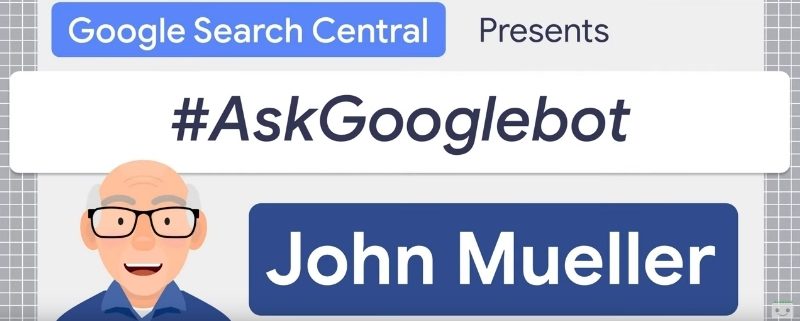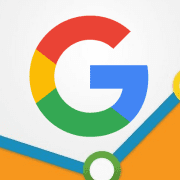How To Get Google to Index Your New Content Faster, According to Google
One of the most frustrating aspects of search engine optimization is the time it takes to see results. In some cases, you can see changes start to hit Google’s search engines in just a few hours. In others, you can spend weeks waiting for new content to be indexed with no indication when Google will get around to your pages.
In a recent AskGooglebot session, Google’s John Mueller said this huge variation in the time it takes for pages to be indexed is to be expected for a number of reasons. However, he also provides some tips for speeding up the process so you can start seeing the fruits of your labor as soon as possible.
Why Indexing Can Take So Long
In most cases, Mueller says sites that produce consistently high quality content should expect to see their new pages get indexed within a few hours to a week. In some situations, though, even high quality pages can take longer to be indexed due to a variety of factors.
Technical issues can pop up which can delay Google’s ability to spot your new pages or prevent indexing entirely. Additionally, there is always the chance that Google’s systems are just tied up elsewhere and need time to get to your new content.
Why Google May Not Index Your Page
It is important to note that Google does not index everything. In fact, there are plenty of reasons the search engine might not index your new content.
For starters, you can just tell Google not to index a page or your entire site. It might be that you want to prioritize another version of your site or that your site isn’t ready yet.
The search engine also excludes content that doesn’t bring sufficient value. This includes duplicate content, malicious or spammy pages, and websites which mirror other existing sites.
How To Speed Up Indexing
Thankfully, Mueller says there are ways to help speed up indexing your content.
- Prevent server overloading by ensuring your server can handle the traffic coming to it. This ensures Google can get to your site in a timely manner.
- Use prominent internal links to help Google’s systems navigate your site and understand what pages are most important.
- Avoid unnecessary URLs to keep your site well organized and easy for Google to spot new content.
- Google prioritizes sites which put out consistently quality content and provide high value for users. The more important Google thinks your site is for people online, the more high priority your new pages will be for indexing and ranking.
For more about how Google indexes web pages and how to speed up the process, check out the full AskGooglebot video below:









Leave a Reply
Want to join the discussion?Feel free to contribute!